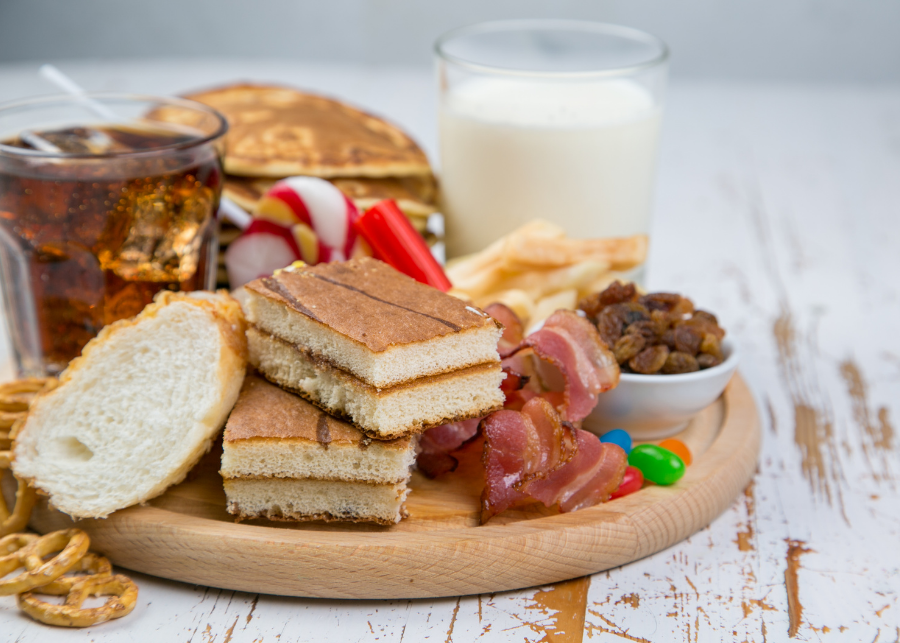In today’s world, the issue of obesity in our youth and small children is a growing concern. Yet, paradoxically, every birthday we celebrate with sweets and cakes loaded with sugar. We are, in effect, handing our children slow poison, and extending the same toxic offering to their friends and everyone around them. This addiction to sugar begins in childhood and only intensifies as they grow older.

Even schools, which should be pillars of health and education, are complicit in this issue. On special occasions, schools often endorse sugar-laden treats, celebrating with candies, cakes, and sugary drinks. This practice starkly contrasts with their later complaints to parents about the rising cases of diabetes and obesity among children. Schools fail to recognize that they are promoting unhealthy eating habits when they provide meals with high sugar content or empty calories.
The Cycle of Sugar Addiction
Sugar is not just a harmless treat; it is an addictive substance. When children consume sugary foods, they experience a spike in blood sugar levels, leading to a temporary feeling of euphoria. However, this is quickly followed by a crash, which creates a cycle of craving and consumption that is difficult to break. Over time, this can lead to an array of health problems, including obesity, type 2 diabetes, and even psychological issues such as anxiety and depression.
Schools’ Role in Promoting Health

Schools have a significant role to play in shaping children’s eating habits and overall health. By promoting sugary foods and beverages, they are inadvertently contributing to the obesity epidemic. Instead, schools should focus on providing nutritious meals that are low in sugar and high in essential nutrients. Education about healthy eating habits should also be a priority, helping children understand the long-term effects of their dietary choices.
Parental Responsibility

Parents, too, have a critical role in combating this issue. Celebrating special occasions with healthier alternatives can set a positive example for children. Fresh fruits, whole grains, and natural sweeteners like honey or maple syrup can be delicious and nutritious substitutes for traditional sugary treats. By making these changes, parents can help reduce their children’s sugar intake and foster healthier eating habits.
A Call to Action

Addressing the obesity epidemic and sugar addiction in children requires a collective effort. Parents, schools, and communities must work together to create environments that promote healthy eating and active lifestyles. This includes rethinking the way we celebrate special occasions, making healthier choices, and educating our children about the importance of nutrition.
By taking these steps, we can help our children develop healthier habits that will benefit them throughout their lives. Let’s break the cycle of sugar addiction and give our children the gift of health and well-being.


